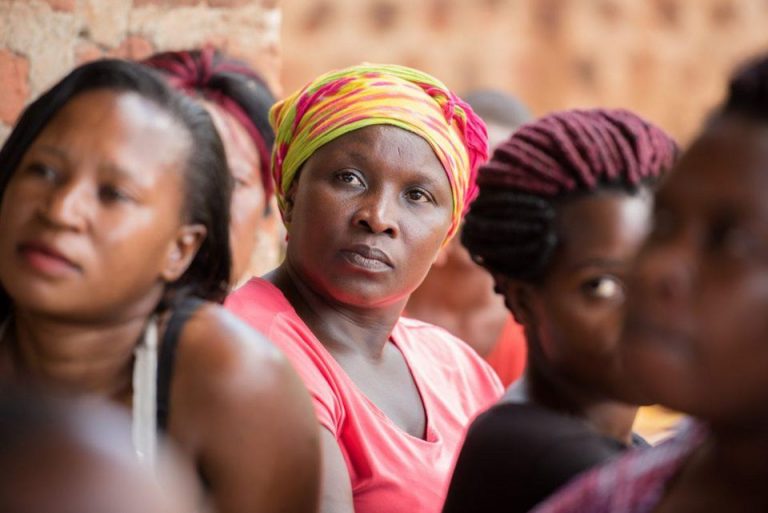What To Do If You Find A Lump During a Breast Self-Exam?
- Home
- What To Do If You Find A Lump During a Breast Self-Exam?

What To Do If You Find A Lump During a Breast Self-Exam?

Breast lumps are fairly common in women of reproductive age. The immediate worry is cancer if a breast lump is noted. But luckily, over 90 percent of breast lumps in women between the ages of 20 and 50 years are not cancerous (referred to as benign). However, any breast lump warrants further medical evaluation.
You need to consult a doctor when you notice new or unusual lumpiness that does not change with the menstrual cycle. Skin changes on the breast that warrant consultation include redness, itchiness, and dimpling. And if the nipple has an unusual discharge, turns inwards or becomes flatter, a consultation is also indicated.
Your doctor will ask several questions that may give clues to guide further evaluation. In particular, your risk of breast cancer will be quantified based on family history and other factors. A clinical breast examination is then carried out, aimed at confirming the presence of the lump, its size, location, and tenderness. Deeper breast tissues are also examined, including checking your armpits for swollen nodes or areas of thickening. The examination of the other breast is also done at the same time.
If a lump is confirmed, further testing becomes necessary in order to make a definite diagnosis and decide if any treatment is required. You may be asked to have a diagnostic mammogram or a breast ultrasound scan. This may be all that is necessary for the majority of women. However, more precise imaging with MRI may be required, especially if initial imaging with other modalities is inconclusive. Even though breast cancer has specific features on imaging, a biopsy is often required to make a diagnosis. This can often be done in the clinic using imaging guidance and is known as fine-needle aspiration biopsy (FNA). A Pathologist usually analyses the biopsy and gives a final report confirming or refuting the presence of cancer cells.
Following the medical evaluation, the majority of women will not have breast cancer. All they need is reassurance, and further review should any symptoms recur. Should cancer be diagnosed, referral to a specialist center must be done immediately. Breast cancer treatment centers have teams of specialists and the resources required to provide optimal treatment, ensuring the highest chances of cure. After completing treatment, ongoing follow-up is required to detect any recurrence. And in rare cases, early screening of family members may be advised.
- Share
Classic Ghana
Classic Ghana brings you into a fun world of arts, entertainment, fashion, beauty, photography, culture and all things in between. Let’s explore these together!







